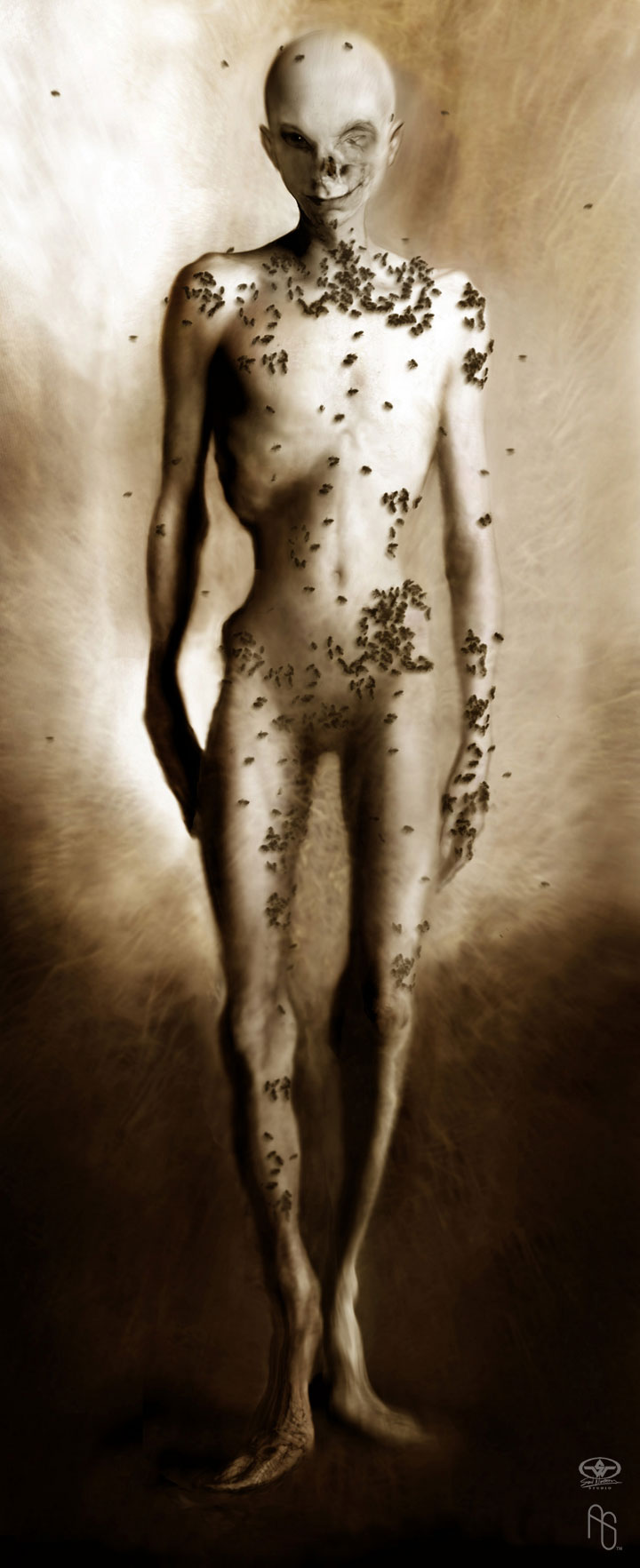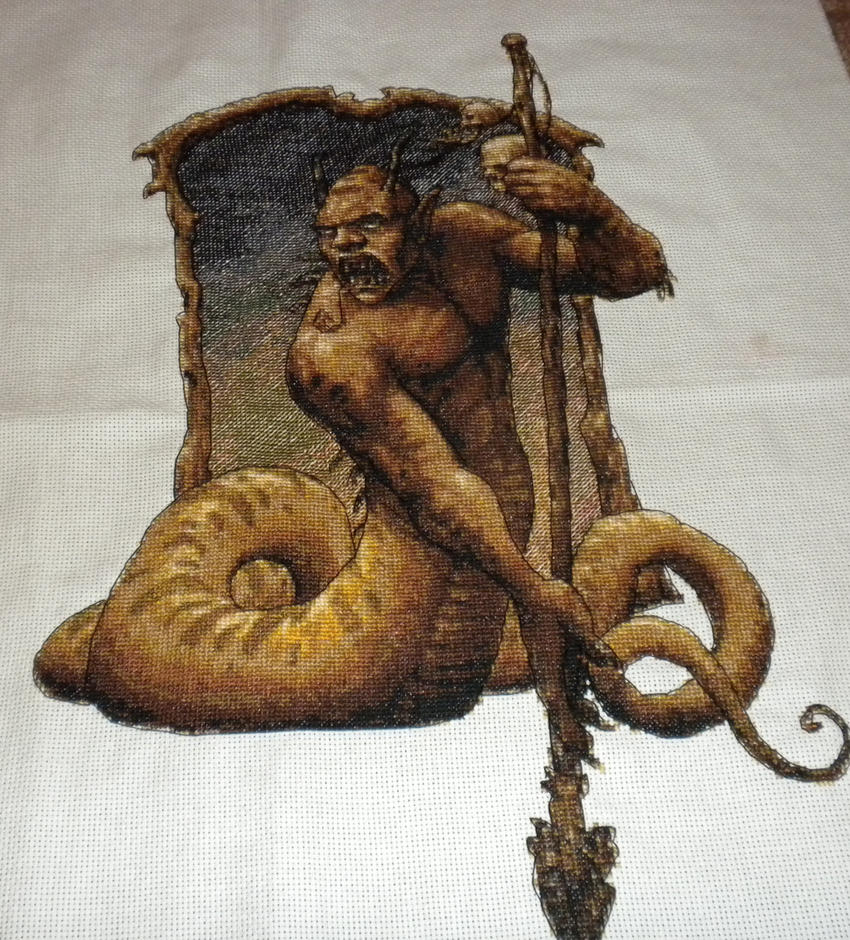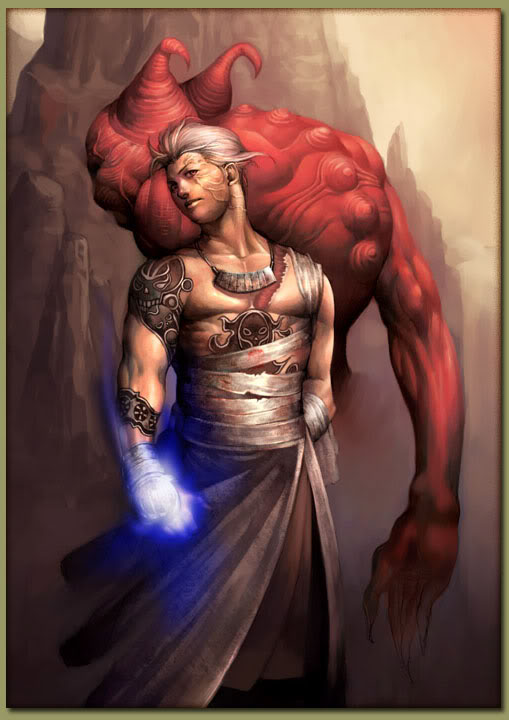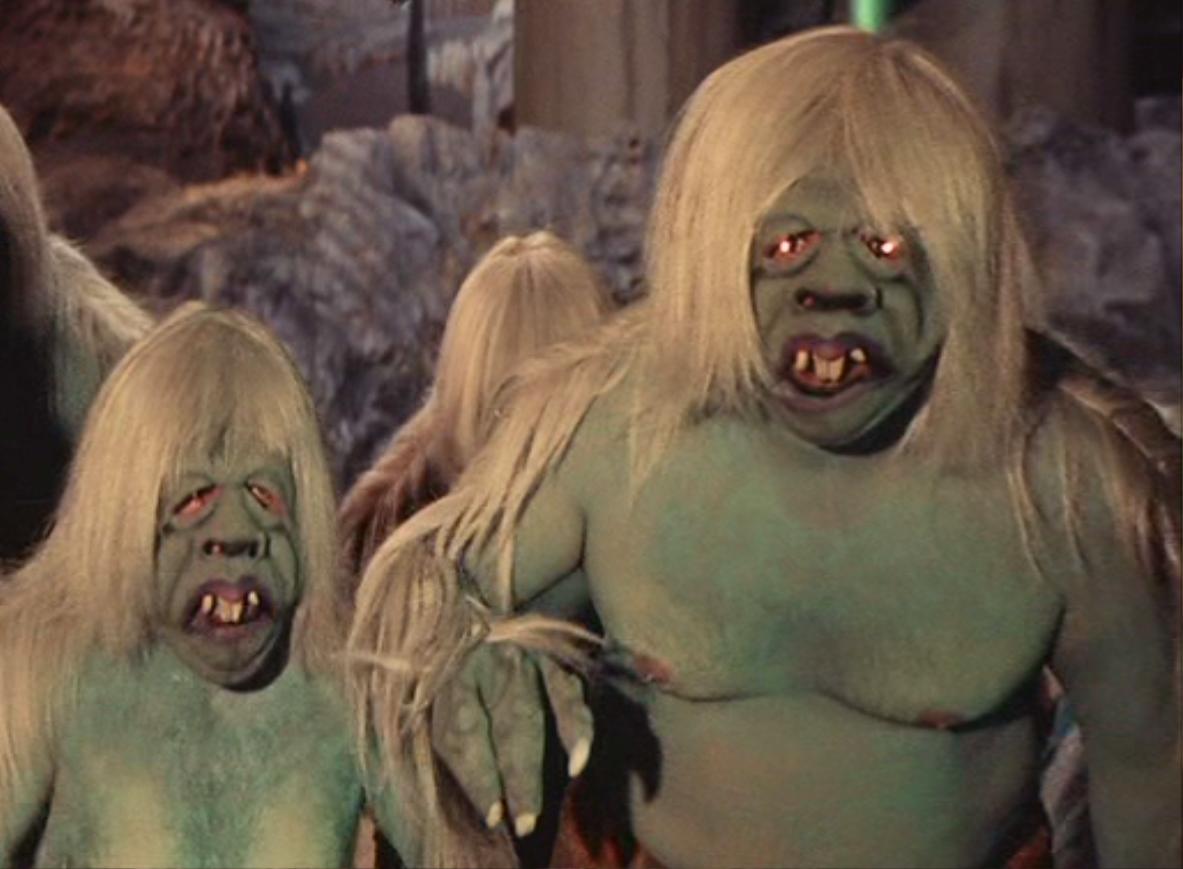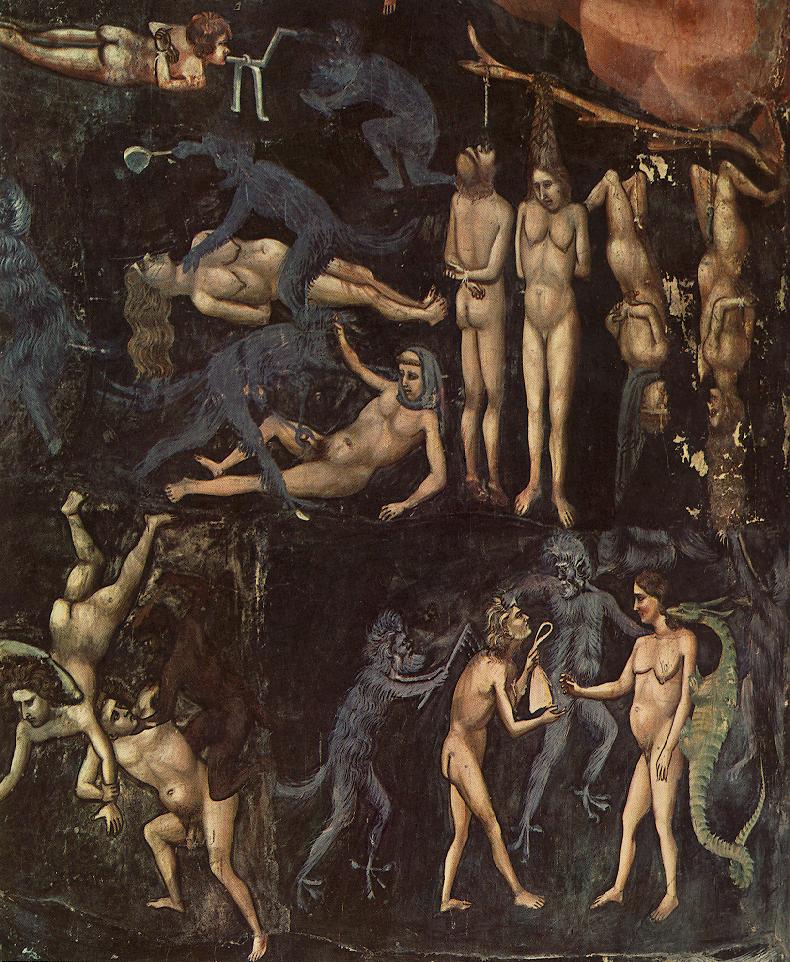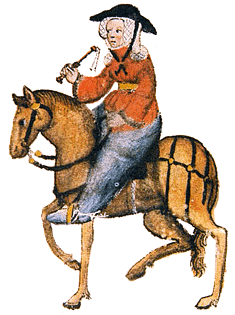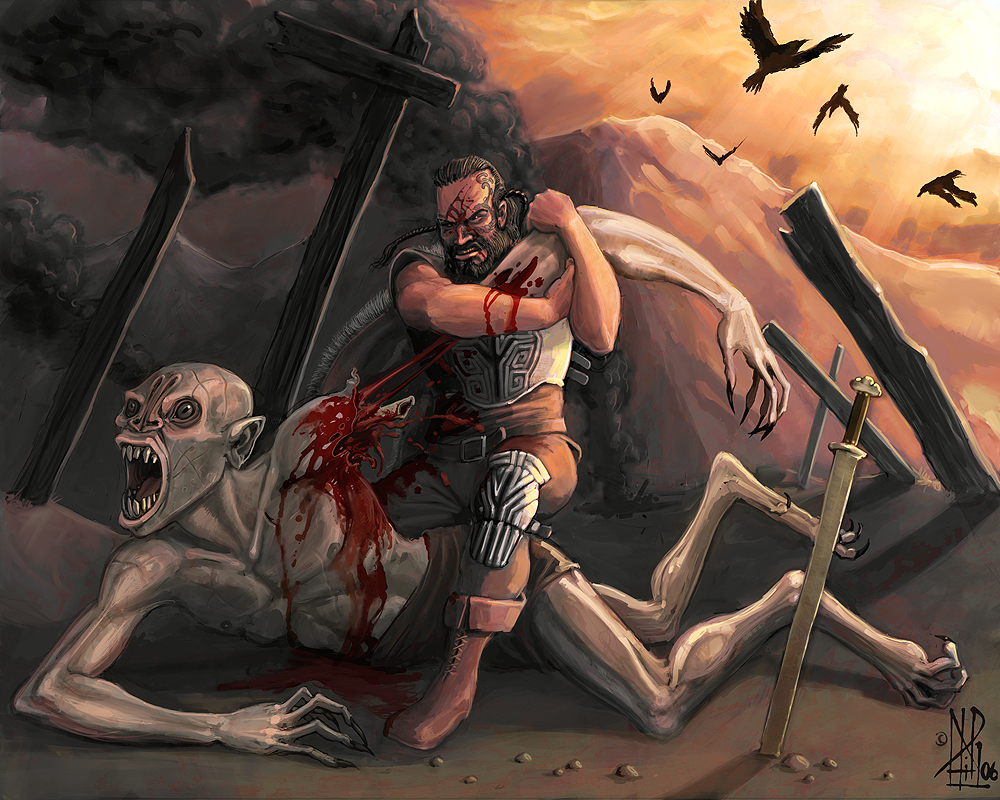Ahhhh Beelzebub, the second best demon in hell. Satan’s
right-hand man. The mouth piece of hell. A wondrous foul beast, who is also a
pretty cool-cat. Milton describes Beelzebub as follows:
“Which when Beelzebub perceived—than whom,
Satan except, none higher sat—with grave
Aspect he rose, and in his rising seemed
A pillar of state. Deep on his front engraven
Deliberation sat, and public care;
And princely counsel in his face yet shone,
Majestic, though in ruin. Sage he stood
With Atlantean shoulders, fit to bear
The weight of mightiest monarchies; his look
Drew audience and attention still as night
Or summer's noontide air”
Now, I don’t know about you but I was very excited to see
what the internet was going to find for me—image-wise—regarding Beelzebub. I
hopped for AWESOME, because that’s basically how Milton wants us the readers to
visualize him—a big hulk of monstrous, handsome, conniving, perfection.


Needless to say I was super disappointed in the available
artwork. Apparently there is an anime Beelzebub, but he doesn’t seem very
impressive either. I wonder why he isn’t depicted in art more? I even narrowed
my searches and even looked specifically for Paradise Lost artwork…nothing impressive. For the other demons I
was able to find some pretty interesting artwork, but not for Satan’s
right-hand man, it seems odd... Especially since according to Milton, Beelzebub
was the mouth piece of Satan. I would think he would be seen more, rousing the
other demons to do Satan’s bidding, but somehow making it seem like it was
their idea the whole time. The images I was able to find just left me wanting…
